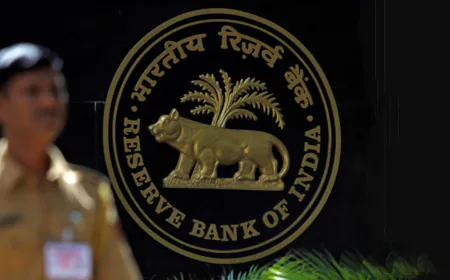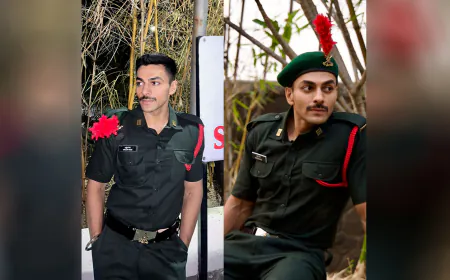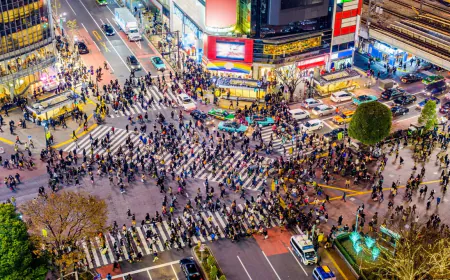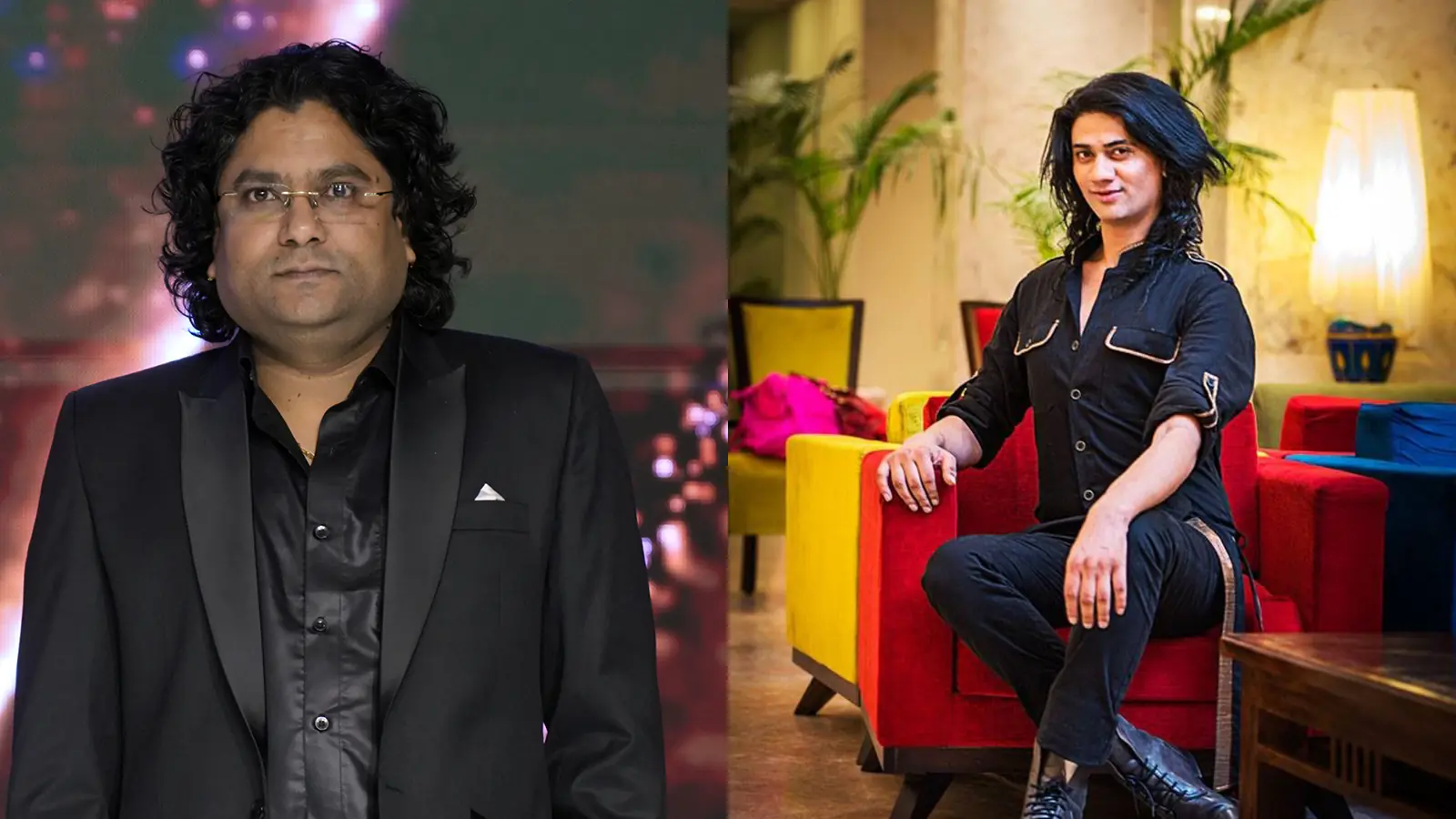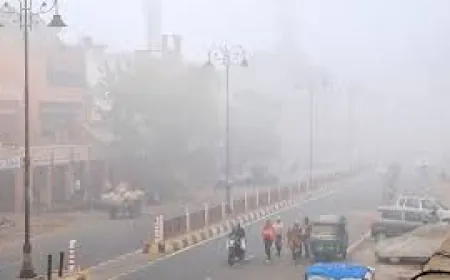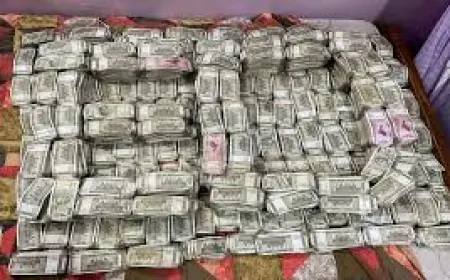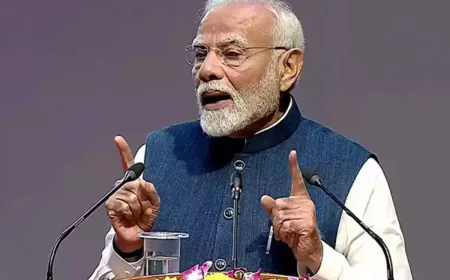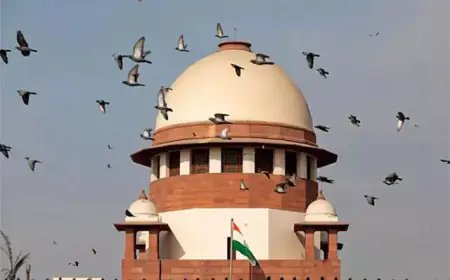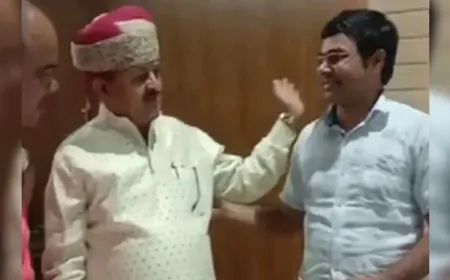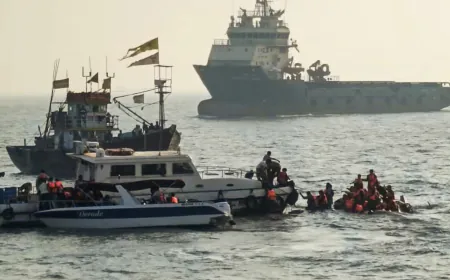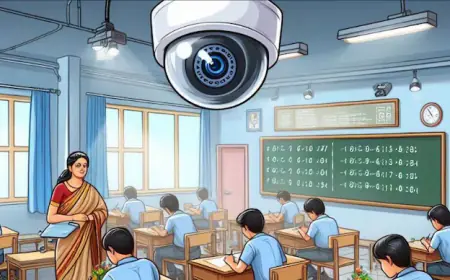Violent protests in Iraq after religious leader quits politics
Violent protests in Iraq after religious leader quits politics: Supporters of Muqtada al-Sadr enter Rashtrapati Bhavan; 20 killed in firing by security forces
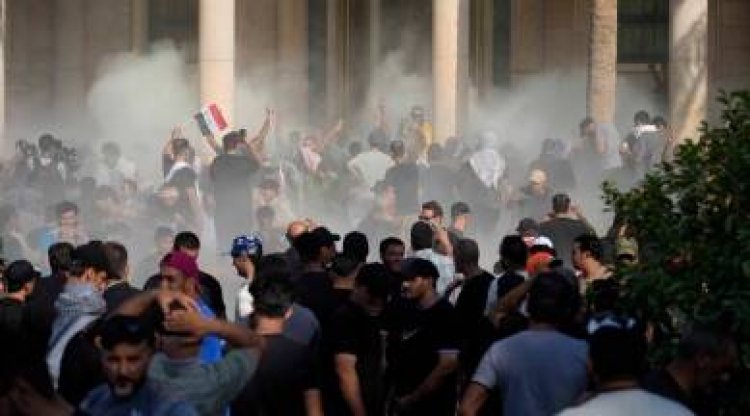
Like Sri Lanka, the situation in Iraq has become chaotic. Angered by the lack of a break in the political deadlock, Shia cleric Muqtada al-Sadr announced on Monday that he would quit politics. Following this announcement, the army imposed a curfew, but supporters of al-Sadr took to the streets. During this violent clashes broke out between the security forces and the protesters.
Thousands of Sadr's supporters stormed the Rashtrapati Bhavan (Republic Palace). To stop the security forces first fired tear gas shells and also fired, but they did not listen. During this, 20 people died, while more than 300 people were injured.
According to media reports, Shia cleric Muqtada al-Sadr has announced a hunger strike until the violence and use of weapons stop.
Sadr's supporters have captured the Rashtrapati Bhavan. He was seen roaming around the entire palace including the swimming pool, and meeting hall inside. Let us tell you that there is a long-standing standoff between al-Sadr supporters and their political rival Iran-backed Shia group.
Iraq's government has been at a standstill since cleric Muqtada al-Sadr's party won the most seats in October's parliamentary elections, but failed to reach a majority. He had refused to negotiate with Iran-backed Shia rivals to form a consensus government. In the past, supporters of al-Sadr demonstrated in parliament to block government formation in July and have been on strike for more than four weeks. His faction has also resigned from Parliament.
UN Secretary-General Antonio Guterres has expressed concern over the ongoing protests in Iraq. He has appealed to the people for restraint. Along with this, all the concerned officials have been urged to take immediate steps to stop the violence.
In July also, Sadr's supporters demonstrated in Iraq and captured parliament. They were opposed to the candidacy of Mohammed Shia al-Sudani for the post of prime minister, as they believed he was too close to Iran.
Thousands of protesters crossed the Sensitive Green Zone and marched to Parliament. They had also entered the Parliament by climbing the walls here. Security forces failed to stop the people.
In the October 2021 election in Iraq, al-Sadr's faction won 73 of the 329 seats. Despite being the largest faction in the Parliament, they could not form the government. Al-Sadr stepped down. In 2016, al-Sadr supporters stormed parliament in a similar fashion. They had staged a sit-in and demanded political reforms. Haider al-Abadi, the then prime minister, sought to replace party-affiliated ministers with technocrats in an anti-corruption campaign. There were massive protests in 2019 amid public anger over corruption and unemployment.


